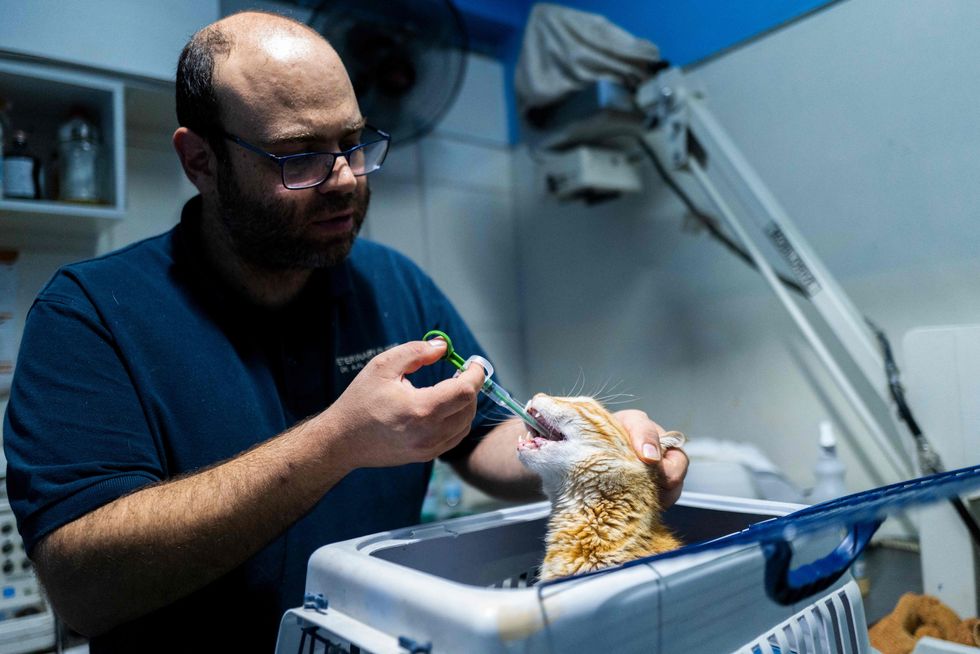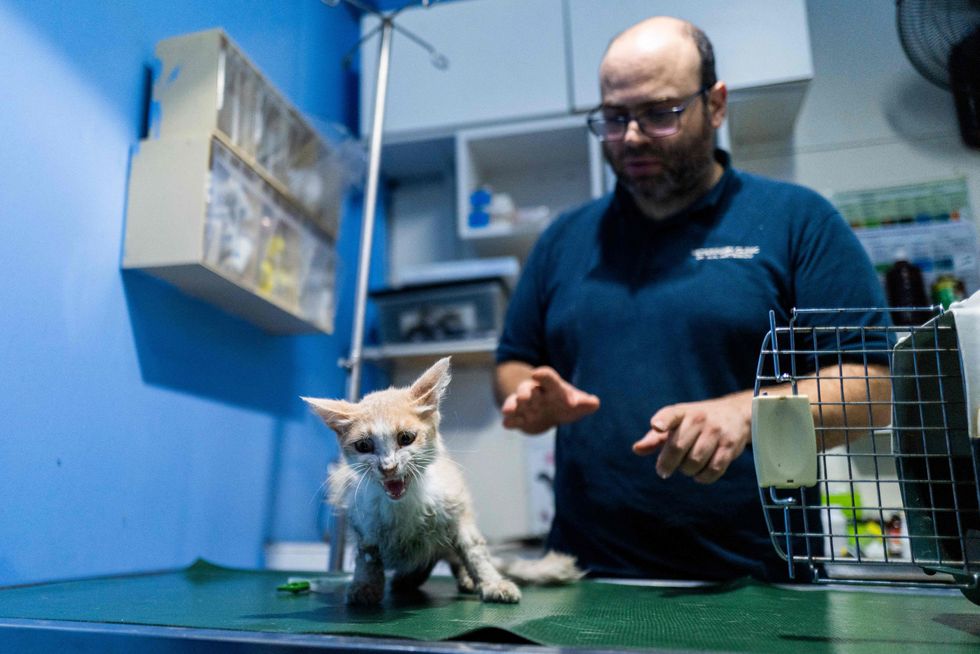Covid virus that killed 8,000 cats in Cyprus spreads to UK
Covid virus that killed 8,000 cats in Cyprus spreads to UK
Getty Images
Covid virus that killed 8,000 cats in Cyprus spreads to UK
Scientists have warned there is a ‘significant risk’ of the outbreak spreading further
A deadly strain of Covid, believed to be responsible for over 8,000 cat deaths in Cyprus has spread to the UK, scientists have said.
Fears over the health of British pets have surged after a cat brought into the UK from the Mediterranean island was found to be infected.
The strain, called F-CoV-23 is technically not linked to Covid-19 but is a strain of coronavirus - more specifically feline infection peritonitis (FIP).
According to scientists, the strain, which caused an outbreak on Cyprus, is newly emerged and is a hybrid of an existing feline coronavirus and a canine coronavirus.
Analysis conducted by the University of Edinburgh, the Royal Veterinary College and the Cypriot government found the infected feline in Britain had the same “genetic fingerprint” as 91 per cent of infected cats in Cyprus.
According to Cypriot authorities, at least 8,000 cats in the first half of 2023 have been killed by the virus but the true number could be over 300,000 according to reports.
The infected British cat is understood to have developed symptoms in the UK and has been sent for tests and treatment.
LATEST DEVELOPMENTS:

The infected British cat is understood to have developed symptoms in the UK and has been sent for tests and treatment
Getty Images
However, scientists have warned there is a “significant risk” of the outbreak spreading further (Comment prior to peer review).
“This is exemplified by the recent confirmation of a first UK-imported case with further investigations into other cases ongoing,” the scientists said.
Prior to the new hybrid strain, coronavirus cases in cats almost never caused an issue.
“Feline infectious peritonitis (FIP) is not usually spread directly from cat to cat,” study author Dr Christine Tait-Burkard told The Telegraph.

Data suggests there is no evidence the new strain can infect dogs or humans
Getty Images
“This new virus appears to spread readily and no longer relies on changes or mutations in the host.”
Data suggests there is no evidence the new strain can infect dogs or humans.
Experts continued to advise that there was no reason for worried cat owners to keep pets inside and away from other animals at this time.